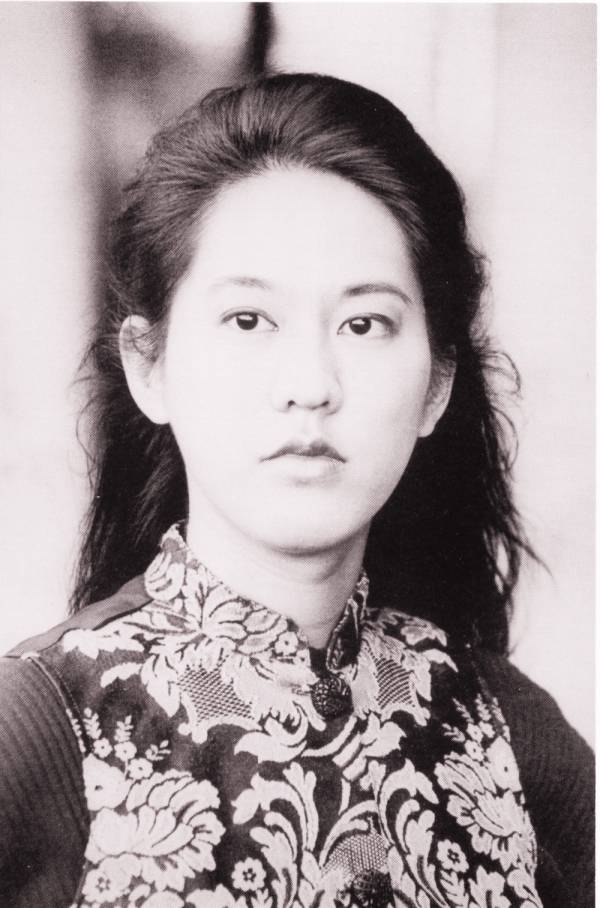In the second episode of PBS Masterpiece Classics Series “World on Fire,” a Wehrmacht soldier in the occupation force at Warsaw draws his pistol and kills a middle-aged mother as she is embraced by her daughter, very clearly depicting the vicious behavior of German occupying forces during World War II.
That scene started a mental journey for me that was accelerated by reading the epilogue to In the Garden of the Beasts, where author Erik Larson writes:
 What I did not realize as I ventured into those dark days of Hitler’s rule was how much the darkness would infiltrate my own soul. I generally pride myself on possessing a journalist’s remove . . . but living among Nazis day in, day out proved for me a uniquely trying experience . . . There exists a vast oeuvre of historical writing on Hitler and World War II that must be read . . . All this reading deepened my spiritual malaise, not because of the sheer volume involved but because of the horrors revealed.
What I did not realize as I ventured into those dark days of Hitler’s rule was how much the darkness would infiltrate my own soul. I generally pride myself on possessing a journalist’s remove . . . but living among Nazis day in, day out proved for me a uniquely trying experience . . . There exists a vast oeuvre of historical writing on Hitler and World War II that must be read . . . All this reading deepened my spiritual malaise, not because of the sheer volume involved but because of the horrors revealed.

I had thought about that very scenario in 2004 when I learned of historian Iris Chang’s suicide. In The Rape of Nanking, Chang writes of the very vicious and murderous behavior of the Japanese soldiers who occupied the (then) Chinese capital in 1937. In the book Chang wrote, “So sickening was the spectacle that even Nazis in the city were horrified.”
That book affected me very much and defined for me a clear and terrible understanding of the character of the Japanese occupying forces. As a result, I have often wondered how much her research and writing of that terrible episode in history had affected Ms. Chang and led to her suicide.
 In addition, at the time of her death Ms. Chang was working on a history of the Bataan Death March, another horrible episode defined by the cruel behavior of Japanese soldiers to their enemies, as well as a sorry tale of the selfish and poor leadership of General Douglas MacArthur (see, for example, American Caesar by William Manchester).
In addition, at the time of her death Ms. Chang was working on a history of the Bataan Death March, another horrible episode defined by the cruel behavior of Japanese soldiers to their enemies, as well as a sorry tale of the selfish and poor leadership of General Douglas MacArthur (see, for example, American Caesar by William Manchester).
Larson’s words have made me believe that researching these and other tales of horror infiltrated Ms. Chang’s soul in the way he describes. At the time of her death she had just returned from Louisville, KY, where she suffered severe depression as she listened to audio recordings of Bataan survivors. Before her suicide she wrote three notes, one of which included this:
When you believe you have a future, you think in terms of generations and years. When you do not, you live not just by the day — but by the minute . . . It is far better that you remember me as I was—in my heyday as a best-selling author—than the wild-eyed wreck who returned from Louisville . . . Each breath is becoming difficult for me to take—the anxiety can be compared to drowning in an open sea.
Larson’s words as well as Ms. Chang’s solidified my belief that she had internalized the horrible events she had researched during her career, destroyed her soul, and led to her suicide.
Wow, John, you always impress me as to your intelligence and knowledge, thankyou for sending this link to me. Your friend, always, Hot Rod Joe.